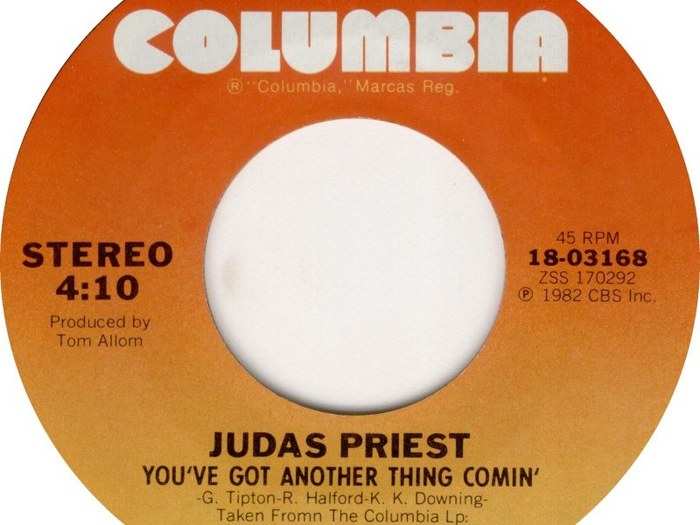- Home
- slideshows
- miscellaneous
- 9 words and phrases people think are wrong, but are actually correct
9 words and phrases people think are wrong, but are actually correct
Literally

Another think coming

If you think the common expression is "you've got another thing coming," well, you've got another think coming.
That's right, the popular expression actually uses the word "think," not "thing." That's according to the Oxford English Dictionary, and NPR, which tracked down some early uses of the idiom from the 19th century.
"Chicago thinks it wants a new charter. Chicago has another think coming," one example cited by NPR read. Similar examples involved a subject needing to rethink something.
"Think" eventually changed to "thing" due to enough people misinterpreting the expression, and today "thing" is the more likely word to appear in print.
Home in

If you're getting close a particular target or objective, you might say you're "honing in" on something.
Such an idiom would make a language expert cringe — the standard expression is to "home" in, not to "hone." As a verb, "home" means to return to one's place of origin from a far distance, like the aptly-named homing pigeon.
People began using "home in" in a figurative sense in the 1950s, according to Merriam-Webster, and within 10 years people were already swapping out the "home" for "hone." But the "home in" remains the more popular variant of the expression, and the dictionary advises you use it if you want to avoid criticism.
Between you and me

"Between you and I" may sound correct, but it's worse than that: it's hyper-correct.
In language, a hypercorrection occurs when someone incorrectly applies a grammatical rule in an inappropriate context, usually to appear more formal or educated. For example, "seldom" is an adverb, but some people hypercorrect it to "seldomly."
In the case of "between you and I," it should really be "between you and me." That's because the pronouns "you" and "me" form what is known as a compound object. You'd never say "He loves I" or "bring it to I," and "between you and I" is the same thing.
There's a good reason for people's confusion, according to Mignon Fogarty of Grammar Girl.
"The theory is that people have been so traumatized by being corrected when they say things such as 'Ashley and me went to the mall' instead of 'Ashley and I went to the mall' that they incorrectly correct 'between you and me' to 'between you and I,'" she wrote.
Hanged

"Hung" is the most common way to turn "hang" into the past tense. "Hanged" sounds like bad English — and in most cases it is.
But there's one context when "hanged" is the proper way to inflect the word "hang," and that's when you're talking about executing someone by hanging. The reason for the distinction is that the word comes from two distinct Old English words — hon and hangian — that eventually fused together, according to the Online Etymology Dictionary.
So, to recap: Christmas decorations are hung, while people are hanged.
Pleaded

Another verb with a tricky past tense is "plead." Most people say "pled," following the patterns of bleed and bled, speed and sped, feed and fed, and lead and led. Although most dictionaries acknowledge the popularity of "pled," they'll also note that "pleaded" is the preferred form among most experts.
While saying someone "pleaded" guilty may sound clunky, data show that it's much more popular than "pled" in the courtroom. Attorney Brian Boone once observed that the US Supreme Court used "pleaded" in more than 3,000 opinions, while it used "pled" in just 26.
Maths

Don't be alarmed by the curious s at the end of math — it's just the standard way British people shorten "mathematics."
It's not entirely clear why Americans began saying "math," but it's safe to say it riles people up on both sides of the Atlantic.
Mouses

"Mice" is the classic plural of "mouse" you've known and loved, but that all changed with the dawning of the computer age. Nowadays, most dictionaries list "mouses" as an acceptable plural for a computer mouse.
That said, some writers sidestep the controversy altogether and just say "mouse devices."
Fishes

Your elementary-school English teacher may have taught you that the plural of "fish" is just "fish." And they were right — mostly.
Some scientists break from tradition and distinguish different species of fish with the word "fishes." The word has also gotten play in a notable biblical story ("loaves and fishes") and in "The Godfather" ("sleeps with the fishes").
Popular Right Now
Popular Keywords
Advertisement